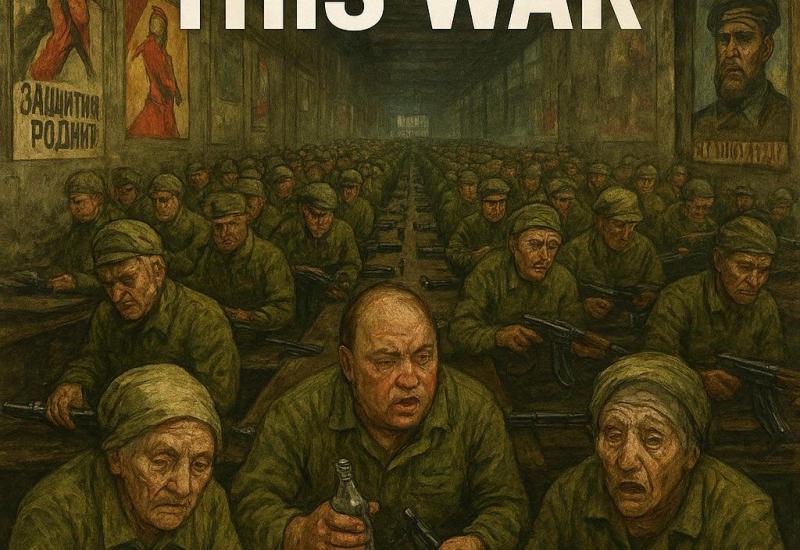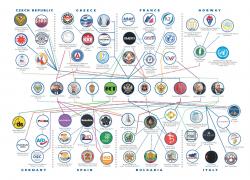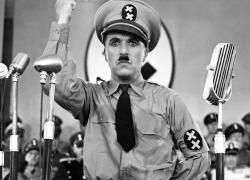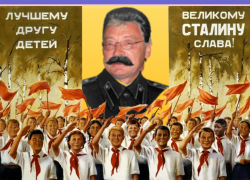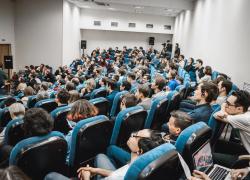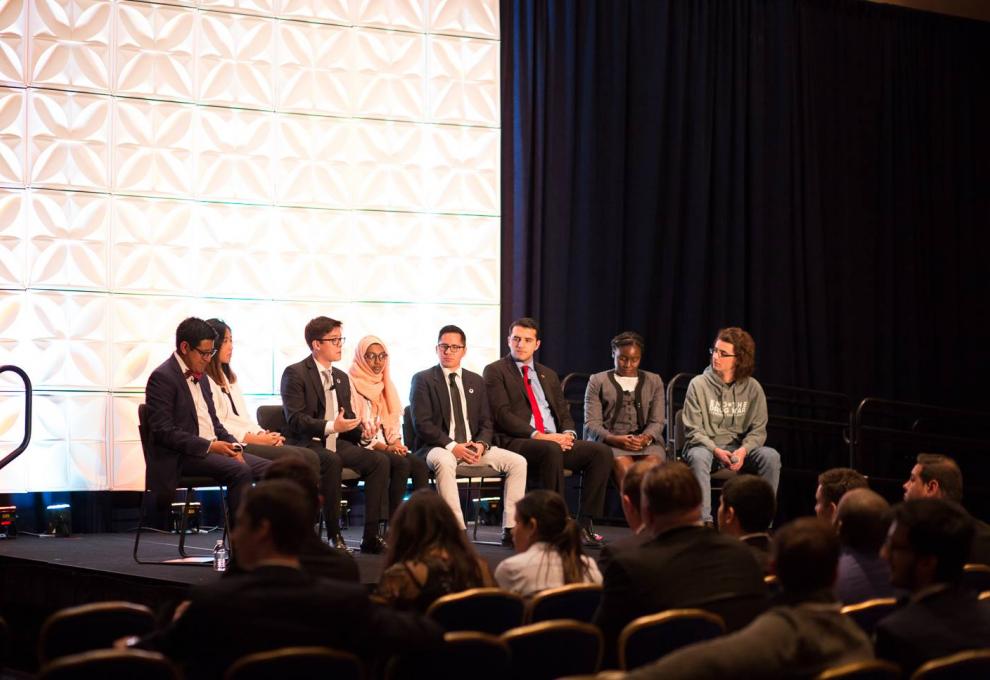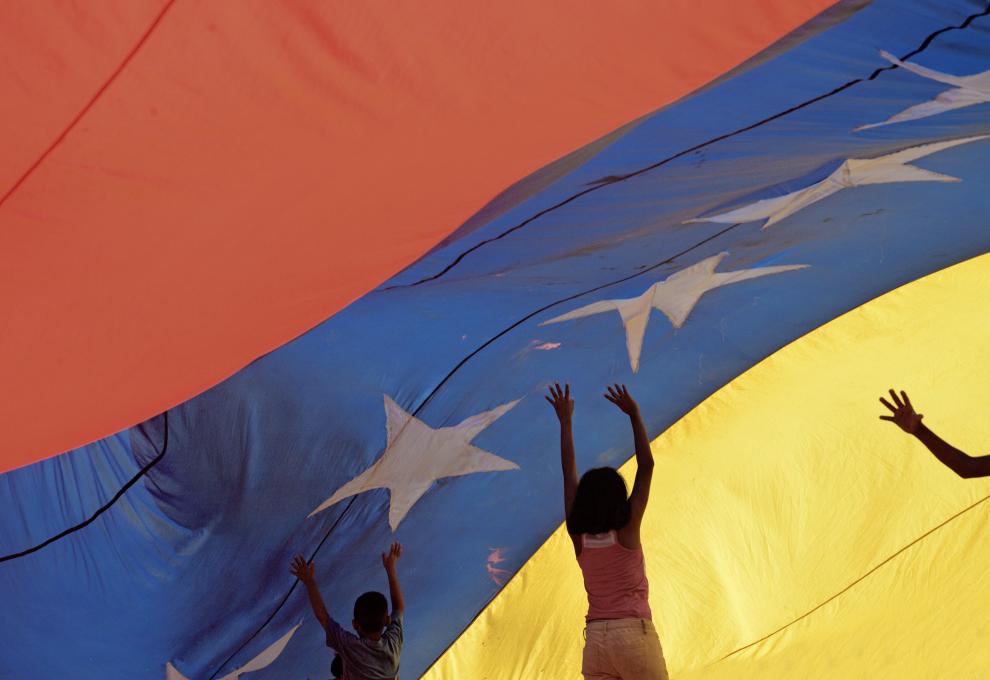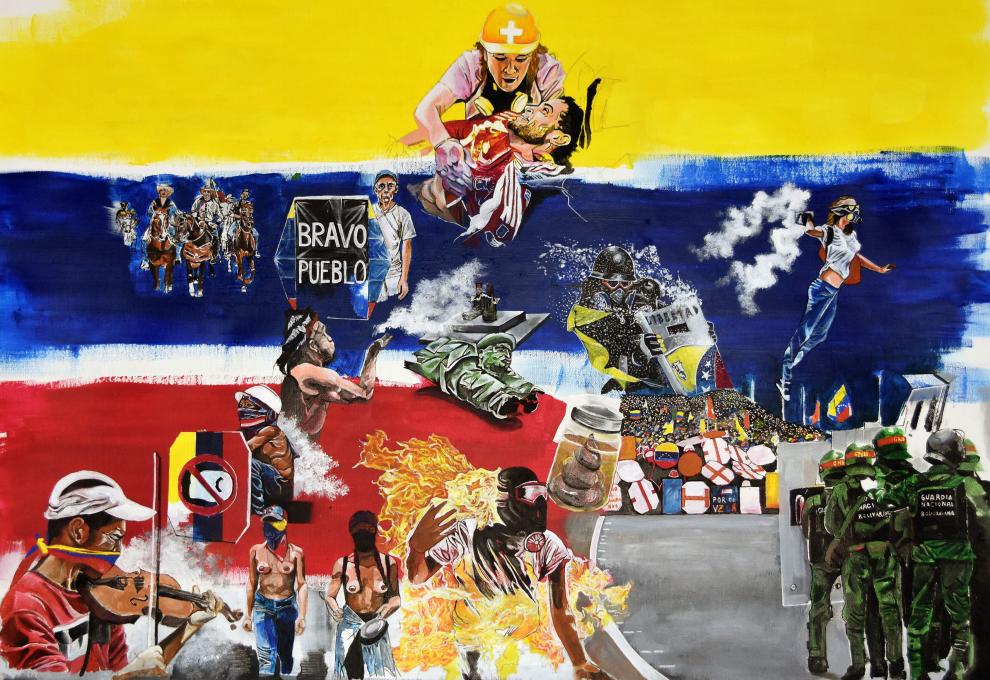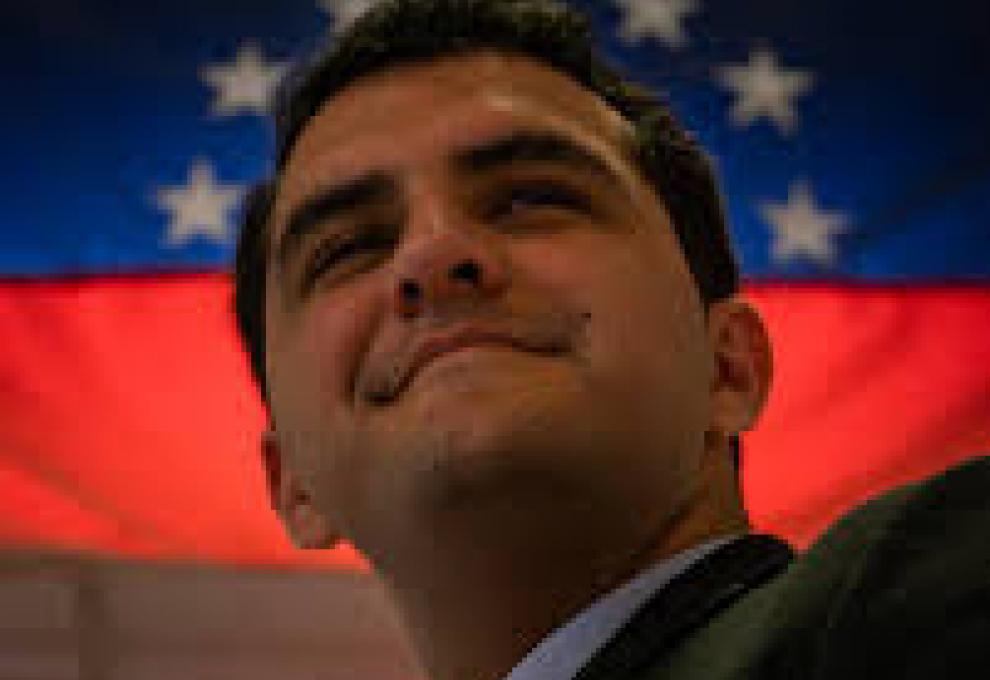EU Observers Flag Many Irregularities in Venezuela’s Election.
The EU mission said that the elections had "arbitrary disqualification" of opposition candidates as well as a "disproportionate" state bias.
Last Sunday, Venezuela held a “mega-election” to elect all regional and municipal authorities, including 23 governors and 335 mayors.
For the first time since 2017, a big part of the opposition decided to participate in the election, arguing that it could serve as a way to pressure the regime, channeling the widespread frustration of the Venezuelan people against the government.
For the first time in also a while (since 2015), the European Union sent roughly 130 electoral observers to Venezuela.
This decision was criticized by some, claiming that the EU was legitimizing the Maduro regime and its sham election.
Others praised the EU, arguing that it would restore confidence in Venezuela’s electoral system, which could lead to higher participation among the opposition’s base.
Here at Freedom Today Network, we said that the European Union’s electoral mission could be either beneficial or detrimental for the Venezuelan cause depending on their statements after the fact.
We wrote:
“The EU presence in Venezuela is an opportunity to actually document all the irregularities that take place in Venezuela. If they do that, then the EU will be helping the Venezuelan people in their quest for freedom. If they don’t and act like things are normal in Venezuela, then they will be siding with the dictator.”
On Tuesday, the EU’s election observers released their findings. And thankfully, their statement clearly shows that Venezuela’s elections are nothing more than a sham.
The EU said that the process had many irregularities, such as the “arbitrary disqualifications” of opposition candidates from running for office, the state’s “disproportionate” bias, and the “lack of judicial independence,” among others.
On the banning of opposition leaders, the chief of the mission, Isabel Santos, said that “there have been arbitrary bans on candidates for administrative reasons, there have been suspensions, or the most recognized leaders or members of some parties have been withdrawn."
On the lack of electoral “balance and equality,” Santos said that “some laws” in Venezuela “affected the equality of conditions, the balance and the transparency of the elections."
In addition to this lack of electoral fairness, Santos added that the elections were marked by a "widespread use of state resources."
This occurred, for instance, in the "disproportionate" amount of favorable coverage that the media channels (both state-run and “private”) gave to the ruling party candidates.
The government also nudged public employees to the pols, which has been a common practice since Hugo Chavez rose to power in 1998. Since then, public servants have feared that they could be fired if they dare to vote for the opposition.
On this issue, the EU report said that the “government's campaign was predominant across the country and had a mobilized base and in certain cases included the participation of public employees."
So, overall, Chavismo won virtually in all states and municipalities. And while some opposition candidates blame the defeat on the opposition’s unwillingness to vote, it is clear that in Venezuela it is almost impossible to do politics. Opposition parties have been criminalized, the most important opposition candidates are either in jail or in exile, and overall, people do not want to do anything politically related because of the repercussions that such actions could bring to them, their property, and their families.
So, from an electoral perspective, sadly, there is nothing we could do in Venezuela.
By Jorge Jraissati
Jorge Jraissati is a Venezuelan economist and freedom advocate. He is the Director of Alumni Programs of Students For Liberty, an NGO advancing the ideas of a free society in over 100 countries. Beyond SFL, Jorge is a research consultant for IESE Business School, an economist from the Wilkes Honors College, and the President of Venezuelan Alliance, a policy group specialized in the Venezuelan humanitarian crisis. Jorge is a weekly columnist at Freedom Today Network.



